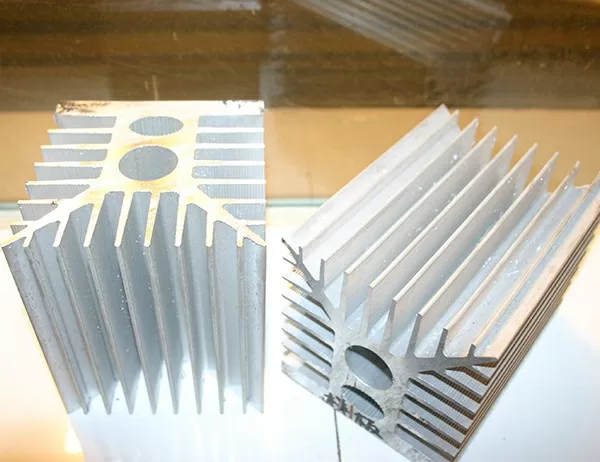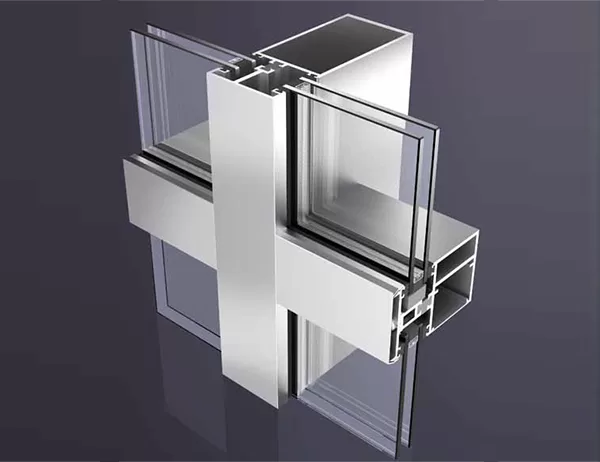In the competitive realm of automotive manufacturing, where lightweight, durable, and aesthetically pleasing materials are paramount, aluminum extrusions reign supreme. With their exceptional strength-to-weight ratio, malleability, and versatility, aluminum extrusions have revolutionized the design and production of automotive components.
Choosing the right aluminum extrusion for specific automotive applications requires a comprehensive understanding of the material’s properties, industry standards, and end-use requirements. Here are key factors to consider:
Alloy Selection:
The alloy composition of the extrusion determines its strength, durability, and corrosion resistance. Common automotive alloys include 6061 (strong and versatile), 6063 (corrosion-resistant), and 5052 (easily welded).
Temper:
Temper refers to the heat treatment applied to the extrusion, affecting its hardness and strength. For automotive applications, T6 (fully hardened) is often preferred for structural components, while T4 (solution heat-treated) is suitable for flexible parts.
Size and Shape:
The size and shape of the extrusion depend on the specific application. Complex shapes, such as curved profiles and intricate cross-sections, require specialized tooling.
Surface Treatment:
Surface treatments, such as anodizing and powder coating, enhance the extrusion’s appearance, corrosion resistance, and wear resistance. Consider the aesthetic requirements and environmental exposure of the component.
Tolerances:
Dimensional tolerances are crucial for precise fitting and assembly. Automotive applications often demand tight tolerances to ensure proper performance and longevity.
Certification:
Automotive manufacturers adhere to stringent industry standards. Ensure that the extrusion supplier meets relevant certifications, such as IATF 16949 and ISO 9001, to guarantee quality and traceability.
By carefully considering these factors, engineers and designers can optimize their selection of aluminum extrusions for automotive applications. These components play a vital role in reducing vehicle weight, improving fuel efficiency, enhancing safety, and creating aesthetically appealing designs.




